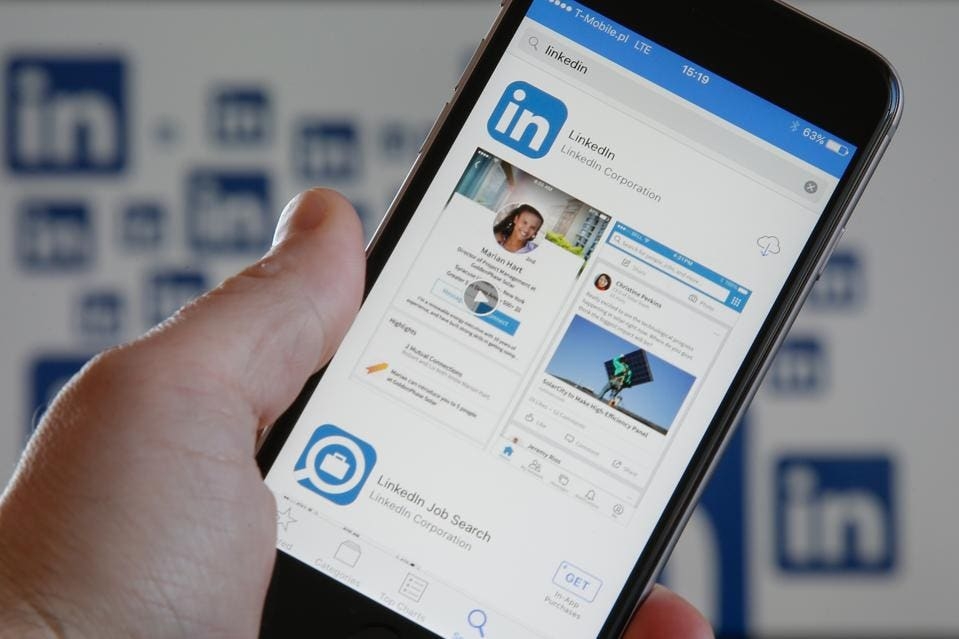Networking is one of the most powerful tools for career growth. Yet, many people treat it as a one-time activity rather than a long-term strategy. The truth is that most job openings never make it to job boards. They get filled through referrals, internal recommendations, or professional connections.
When you learn how to network the right way, you gain access to opportunities that others never see. You build relationships with people who can guide you, refer you, and help you stand out to hiring managers. This guide explains practical, simple steps on how to turn Networking into job offers.
Why Networking Leads to Job Offers
Most job seekers focus on applying online, sending out dozens of resumes with little response. This is because many roles get filled before they are even posted. Companies prefer hiring people who come recommended by trusted employees or industry professionals.

Networking helps you:
- Access hidden job markets: Many roles are only shared internally or within professional circles before being advertised.
- Gain insider information: Through connections, you learn what employers value most, company culture, and the best way to approach hiring managers.
- Stand out from the crowd: A personal referral can put your resume directly in front of decision-makers rather than buried under hundreds of applications.
This makes networking one of the most effective ways to secure interviews and job offers quickly.
Build a Strong Professional Presence
Before reaching out to others, ensure your professional image clearly shows your skills, experience, and goals. People should immediately understand who you are and what you bring to the table.
Steps to build a strong professional presence:
- Optimize your LinkedIn profile: Use a professional headshot, write a clear headline summarizing your skills, and create a compelling “About” section.
- Showcase your achievements: Add measurable results, certifications, projects, or leadership roles to highlight your capabilities.
- Be visible online: Share industry insights, post professional updates, and comment on others’ content to show you are active and knowledgeable.
A strong online presence builds trust and makes people more willing to recommend you for opportunities.
READ: Networking on Twitter: How to Connect With Influencers and Recruiters in 280 Characters
Start Networking the Right Way
Networking is not about sending connection requests to everyone. It is about building targeted connections with people who matter in your industry or career path.

How to start effectively:
- Identify the right people: Look for professionals in your industry, recruiters, company employees, or alumni from your school who hold roles or work at companies you admire.
- Personalize your approach: Avoid generic requests. Instead, send a brief note introducing yourself and explaining why you want to connect.
- Join professional events and groups: Attend virtual webinars, networking events, or join LinkedIn groups where professionals in your field gather and share knowledge.
Focusing on quality connections rather than quantity leads to stronger relationships and better opportunities.
Build Real Relationships, Not Just Contacts
Simply connecting with people is not enough. Recruiters and professionals are more likely to help someone they know, like, and trust. You need to build relationships based on genuine interaction rather than immediate requests for help.
Ways to build authentic relationships:
- Engage meaningfully: Comment thoughtfully on people’s posts, congratulate them on milestones, and share resources they might find useful.
- Offer value first: Share insights, job leads, or information before asking for favors. Helping others makes them more likely to help you in return.
- Keep in touch naturally: Send periodic updates about your career progress or check in occasionally to maintain relationships over time.
When people see you as a genuine professional rather than someone who only reaches out when you need a job, they will be more likely to recommend you.
Let People Know You Are Open to Opportunities
Once you have built strong relationships, you can start sharing your career goals in a professional way. This lets your network know what kind of roles you are looking for without coming across as desperate.

Tips for sharing career interests effectively:
- Update your LinkedIn settings: Use the “Open to Work” feature to signal recruiters discreetly.
- Be specific about your goals: Instead of saying “I’m looking for a job,” say, “I’m exploring opportunities in digital marketing where I can apply my analytics and content strategy skills.”
- Inform your close contacts: Reach out to trusted professionals privately and let them know the roles or industries you are targeting.
This approach opens the door for referrals and recommendations naturally without putting anyone under pressure.
READ: How to Prepare for Visa Interviews Like a Pro
Ask for Informational Interviews
Informational interviews are a powerful yet underused networking tool. They allow you to learn about companies, industries, and career paths while building stronger relationships with professionals.
How to make the most of informational interviews:
- Request politely: Send a short, respectful message asking for a quick 15 to 20 minute conversation about their career journey or insights about the industry.
- Prepare thoughtful questions: Ask about company culture, recommended skills for success, or industry trends.
- Focus on learning first: Treat it as a chance to gain knowledge rather than directly asking for a job.
Often, informational interviews lead to job referrals because people appreciate your curiosity and professionalism.
Turn Conversations Into Referrals and Job Offers
The key to turning networking conversations into real opportunities is follow-up. Staying visible and continuing to build relationships increases the likelihood of referrals.
Steps to convert conversations into opportunities:
- Thank people after every interaction: A simple message of appreciation goes a long way.
- Share career updates: Let your network know about new certifications, projects, or milestones so they see your growth.
- Ask for referrals professionally: If you see a job opening at their company, ask if they can recommend you, explaining why you are a good fit.
Referrals speed up the hiring process and often bypass initial screening steps, giving you a clear advantage.
Prepare for Opportunities Quickly
When opportunities arise, timing matters. If someone refers you for a role, you must act quickly and professionally to make the most of it.
Ways to stay ready:
- Keep your resume updated: Tailor it regularly for your target roles so you can send it immediately when needed.
- Practice interviews in advance: Prepare answers to common questions and have examples of your achievements ready.
- Respond promptly: When recruiters or contacts reach out, reply quickly to show professionalism and enthusiasm.
Being prepared ensures you do not miss out on job offers due to delays or lack of readiness.
READ: Top 10 Stable Jobs Hiring Right Now
Follow Up After Applications and Interviews
Following up after applications or interviews is a simple but powerful step many job seekers overlook. It shows professionalism, gratitude, and genuine interest in the role.
Best follow-up practices:
- Send thank-you emails: After interviews or referrals, thank everyone involved for their time and support.
- Provide updates: If you land the job, inform and thank your network contact again to strengthen the relationship for the future.
- Stay connected: Even if you do not get the role, keep in touch for future opportunities.
Following up keeps you memorable and strengthens long-term professional relationships.
Keep Networking for Long-Term Career Growth
Networking is not just for job hunting. It is a long-term career strategy that can help you with promotions, skill development, and future opportunities.
Tips to maintain a strong network:
- Stay active in professional communities: Join industry associations, attend events, and contribute to discussions.
- Support your connections: Share opportunities, recommend others, or help where you can to build mutual trust.
- Continue learning: Take part in training, certifications, or workshops and share your knowledge with your network.
A strong professional network supports your career growth for years to come, not just during job searches.
Turning networking into job offers requires consistency, genuine relationships, and professional follow-up. By building a strong presence, connecting with the right people, offering value, and staying prepared, you can turn simple conversations into real career opportunities.
Networking is about building relationships that support your professional growth today and in the future. With the right approach, those connections can lead to the job offers and career success you want.


